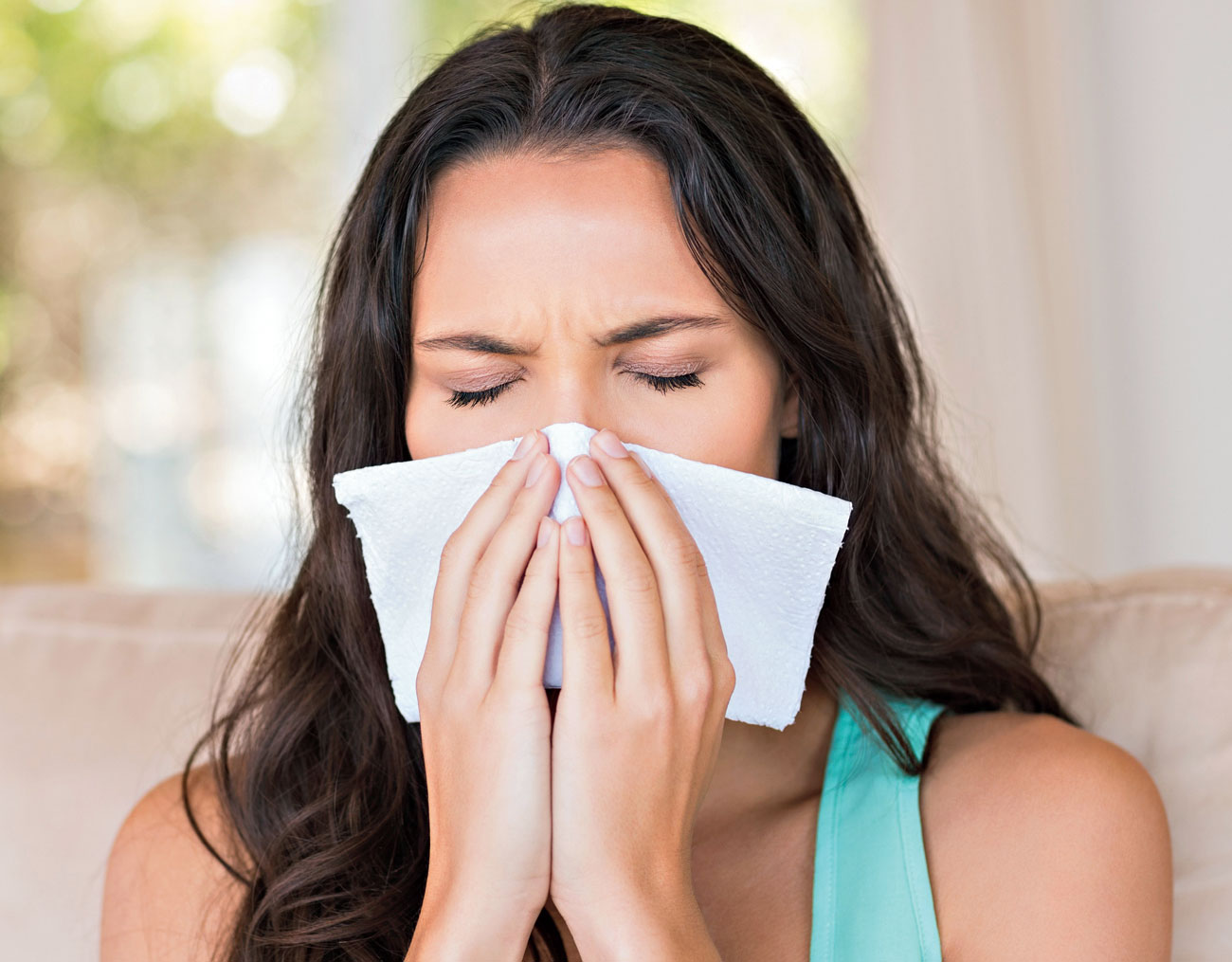Has a runny or stuffed nose with watery eyes become your identity? Do you often have itchiness in your eyes, nose and mouth? If so, you might be suffering from allergic rhinitis (AR).
With the change in the season, there is a spike in the incidence of allergic rhinitis. It’s one of the most common diseases and usually persists through life. It does not pose a threat to life but significantly affects one’s productivity and quality of living.
AR is globally prevalent and affects a tenth to a quarter of the world population. It is among the top 10 leading diseases for seeking primary healthcare.
India reports more than 10 million cases of AR every year, with about 20 to 30 per cent of the population known to be affected by the disease. The risk of AR is considered directly proportional to the level of urbanisation during upbringing and is more common in urban areas. Calcutta is no exception, with the number of AR cases on the rise in the eastern region (urban area), say reports.
What causes AR
AR, commonly referred to as hay fever, is characterised by a runny or blocked nose; watery eyes; itchy eyes, nose and palate; and sneezing caused by nasal inflammation.
The immune system of our body is designed to defend the body from potential harmful substances and microbes. When a potential threat enters the body, the immune system triggers certain chemical reactions to protect the body.
In case of AR, a person’s immune system mistakenly identifies a harmless substance as an allergen and responds to it, causing the nose to inflame. This leads to AR.
Depending on when it happens, AR may be classified as seasonal (occurring in a particular season), or perennial (occurring throughout the year). Some types may also be classified as occupational AR. In these cases, the allergen is present in the workplace and could range from corrosive gases and chemical fumes to cleaning products.
Currently, it is classified using the ARIA (Allergic Rhinitis and its Impact on Asthma) criteria as...
* Intermittent (less than four days per week or less than four consecutive weeks), or
* Persistent (more than four days/week and more than four consecutive weeks), based on the length of the allergic response.
It’s also classified as mild or moderate-severe based on the severity of symptoms and effect of quality of life.
Management and treatment
Once it is diagnosed, the management and treatment may be decided depending of the severity of symptoms. It might involve simply avoiding allergens such as dust, mites, animal hair or smoke, pollen, weeds and molds.
Medicines used for management of the symptoms typically include anti-allergic, decongestants, nasal sprays and allergy shots (administration of small amounts of allergens to boost immunity). All these medications should be taken under the supervision of a registered healthcare practitioner.
Most of the anti-allergy drugs induce drowsiness. So one should be careful of not driving or doing any performance-intensive task after taking them.
If left untreated, AR may lead to complications such as nasal polyps, mid-ear infections, sinusitis and even asthma in the later stages.
Diet and lifestyle
There are a few dos and don’ts one needs to follow:
- Avoid contact with potential allergens.
- Get adequate rest and sleep.
- Add some deep-breathing and non-strenuous exercises to your daily routine.
- Put oil drops in your nostrils every morning (nasyam).
- Drink lukewarm water.
- Eat light and less spicy food, soups and legumes.
- Switch to rock salt (sendha namak).
- Avoid heavy, reheated or fermented food.
- Avoid sweets and processed food items.
- Avoid too hot or too cold foods.
- Avoid alcohol and cold beverages.
AR being an urban disorder that rises with the level of urbanisation, it is advisable to stay connected to natural surroundings. This may help the body acquire better immunity on its own. Precaution is always better than cure!
Shikha Prakash is an ayurvedic consultant at Padaav Speciality Ayurvedic Treatment Centre, Dehradun, and a visiting consultant at AMRI Hospital, Dhakuria










